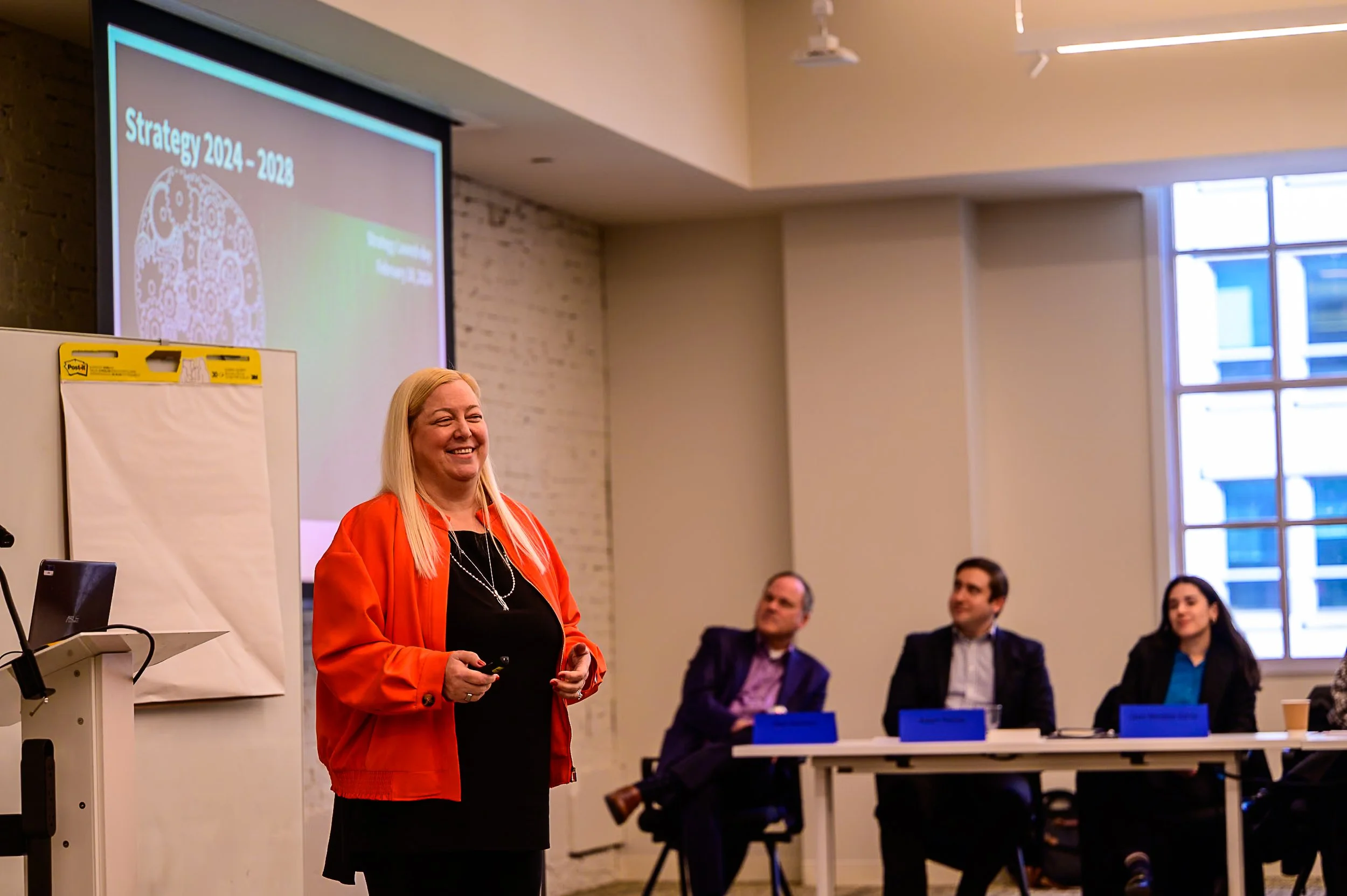
Global Threats: How Can Homeland Security Improve International Cooperation?
At our borders, DHS could expand training exercises between Federal border officials, and with their Mexican and Canadian counterparts. Increasing the quantity and quality of training opportunities between U.S. and foreign border enforcement officers enhances skills on both sides of the border – at the Federal, state, and local level. Strong relationships improve agency cooperation and enhances enforcement.
At our airports and on our borders, DHS could work with international partners to develop more programs like Transportation Security Administration’s (TSA) Precheck system in foreign countries. Improving security and separating threats from non-threats throughout the world’s air travel system reduces the workload for security officials in both domestic and foreign airports. This reduced workload allows CBP and other agencies with border responsibility at the Federal, state, and local levels to focus their limited resources on the highest risks.
DHS clearly already prioritizes international cooperation. Continuing to strengthen relationships between our career senior leaders and other countries and to find new ways to foster collaboration is critical as the Department faces unprecedented terrorist threats, cybersecurity breaches, and is about to undergo a transition that could make the nation more vulnerable.
In a global war where terrorism is an everyday occurrence, international cooperation must be as well.
With increased trade, immigration, and travel, the global security landscape is constantly shifting. To manage this wide diversity of threats, the Department of Homeland Security (DHS) can continue to integrate its efforts to communicate and collaborate with international partners through offices like the International Cooperative Programs Office and the Office of International Affairs.
Increasing cooperation between the Government and international partners allows DHS to protect domestic targets more effectively. Improving international cooperation helps DHS enhance security at ports of entry (land, sea, air), and in cyberspace.
Across our supply chain, the Department can work with foreign governments, importers, and carriers to develop procedures that rapidly deploy technology during times of an increased flow of goods. The global supply chain is vitally important to our national economy. Recent U.S. Customs and Border Protection (CBP) testimony cited rapid deployment of technology as the leading asset to assist CBP officials at points of entry. Ingraining DHS responses with rapid technology deployment quickly allows senior mission leaders to manage an increased movement of goods across our borders.





















